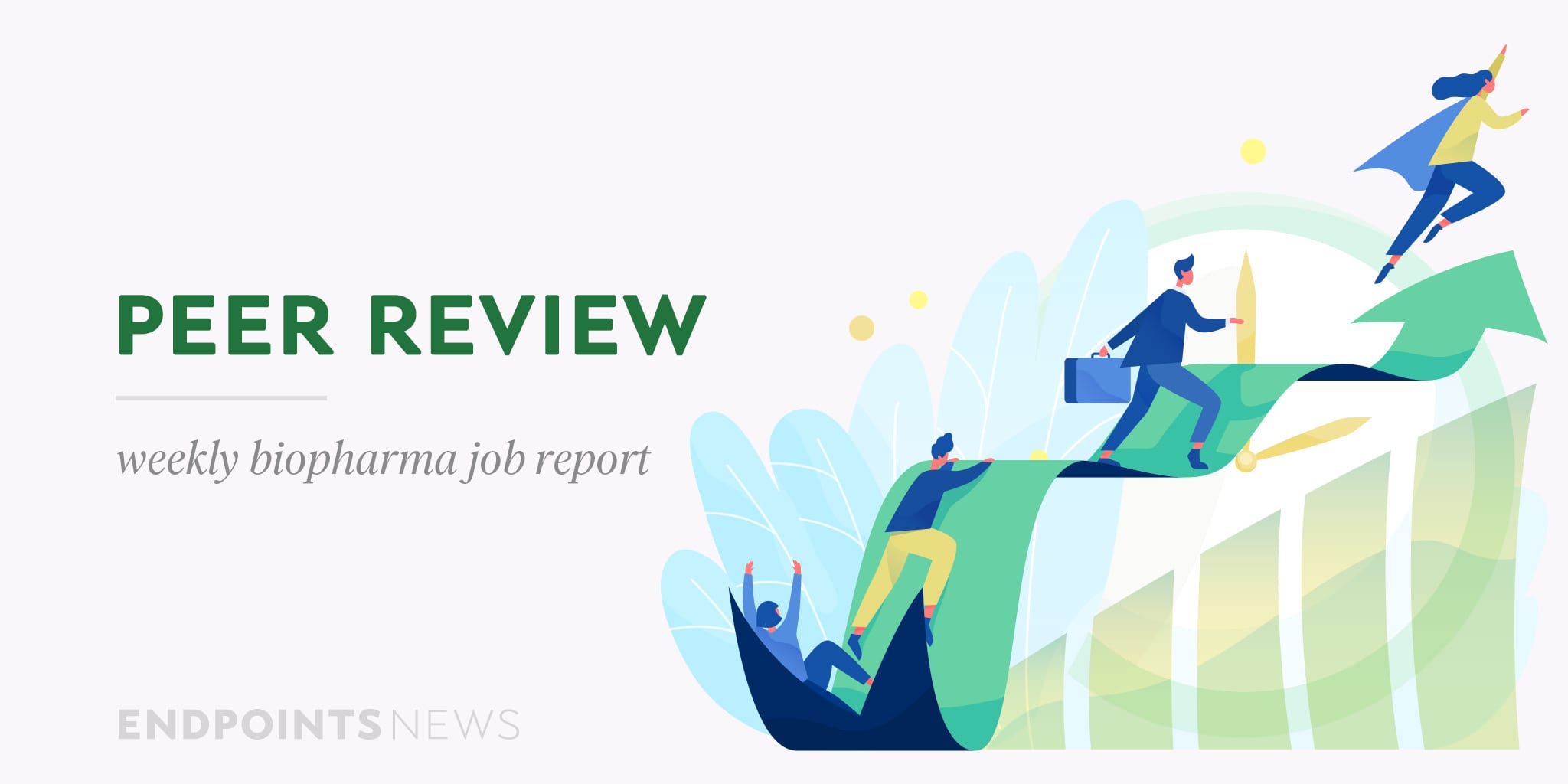
AncestryDNA chief takes on liquid biopsy challenge; Thomas Lynch chairs former colleague's cancer startup
Kenneth Chahine is the man behind AncestryDNA, the direct-to-consumer genetic genealogy product with more than 15 million users. The company recently launched Ancestry Health, which in part uses next-generation sequencing (NGS), but is priced under $100. These were some of Chahine’s goals at Ancestry — having met them, he began the search for his next gig. Having tasted the widespread impact of direct-to-consumer testing, the field of liquid biopsy and early cancer detection was appealing.
“Look, honestly…when I first looked at LAM (Laboratory for Advanced Medicine) I wasn’t that enthusiastic just because the company is really building a foundation and it wasn’t really clear to me, they weren’t in the media,” he said in an interview with Endpoints News.
But after talking to the founder, Shu Li (who will vacate the CEO spot to make room for Chahine but stick around as chairman), and digging into the data, he was suitably impressed. “I came to the conclusion that this is a diamond in the rough. This is the one that everyone’s ignoring. Because it hasn’t been high profile, it doesn’t have high profile VCs, because it’s been funded by philanthropy slash family offices…”
The field of liquid biopsy is crowded including high-profile names such as Grail, Guardant Health, Freenome, and the recently launched Thrive, with great expectations that a less-invasive method for early cancer detection will save lives and money.
LAM has long championed the use of methylation technology for cancer detection. “So frankly, LAM beat everyone to the punch, and whether that was through brilliance or just luck the reality is that they’ve been doing methylation now for about 10 years and have patents and articles going back to 2014,” Chahine said.
Using its technology, LAM has collected data on over 100,000 patients. In contrast, Grail, recently reported data from a 2,500 patient study that used its methylation tech, he added. “So their (LAM’s) insights into what markers actually predict cancer is just way better than anyone else in my opinion.”
— Natalie Grover
Read more:
Sign up to read this article for free.
Get free access to a limited number of articles, plus choose newsletters to get straight to your inbox.